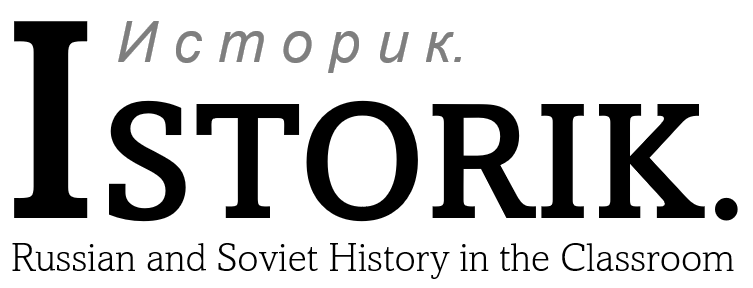Some parts of teaching History can feel a bit soulless.
This has been my impression of teaching primary sources for some time. At best, it can feel like a rather run-of-the-mill exercise in identifying relevant features in order to have students write something of merit for their exam. At worst, it can feel like having students blindly groping around for anything they can attach at least a bit of coherent knowledge to.
Recently, I've started to worry that some of our A-Level students really have no idea what a primary source is to a historian or why a historian even bothers with them. Asked in their exams to identify content, provenance, and tone, they approach the exercise in a tick-box manner, dutifully plodding through often lively and fascinating documents in order to tell us who wrote them and what they did, what that kind of source might focus on, a contemporary event or two, and what bits of their contextual knowledge they know about the main points raised.
Part of my concern here is stylistic. Writing about sources like this seems stilted and lifeless. But mostly, my concern is methodological. I just don't think that any historian would begin to approach sources that way.
There's loads of great writing on approaching sources, which I don't want to simply summarise here. Instead, I'd like to briefly sketch out a general approach to sources which is hopefully both methodologically valid (i.e. mirrors the kind of thinking historians actually engage in) and practically deliverable (i.e. can be used in the classroom).
In broad terms, my proposed approach hinges on two questions:
- Why do historians actually use sources?
- What language allows them to analyse sources?
I doubt much if any of this is very original, but it might provoke some thought and discussion (and I'd love to know your thoughts on it, too!).






